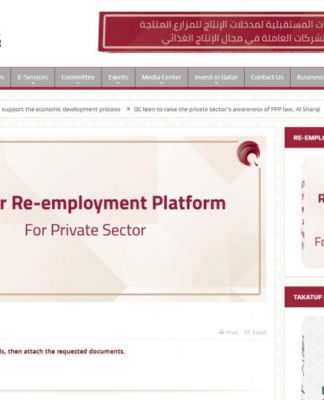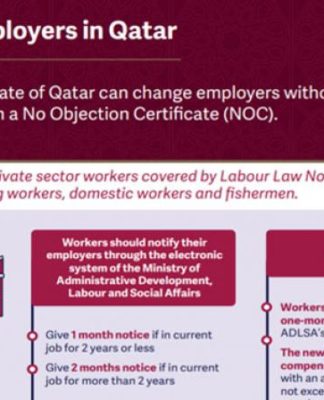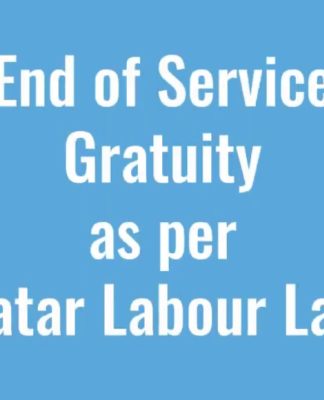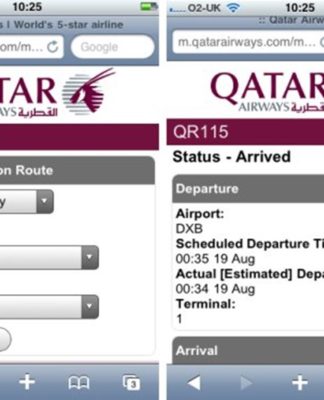Bank of England increases interest rate for 14th time in a row to 5.25%
Latest forecasts from the Bank say the UK will avoid recession and suggest the government is likely to meet its pledge to halve inflation by the end of the year but interest rates will have to remain higher for longer.
Ed Conway
Economics & data editor @EdConwaySky
Thursday 3 August 2023 17:32, UK
Listen to this article
0:00 / 5:43
1X
BeyondWords
Audio created using AI assistance
Andrew Bailey on inflation1:02
Play Video – Economy more ‘resilient’ than expected
Sky’s Ed Conway speaks to Bank of England Governor Andrew Bailey
Why you can trust Sky News
The Bank of England has raised interest rates for the 14th successive time, lifting its official rate to 5.25%.
The quarter percentage point increase was somewhat smaller than some economists had expected, following the release of lower-than-anticipated inflation data last month.
“Inflation is falling and that’s good news,” said the Bank’s governor Andrew Bailey.
“We know that inflation hits the least well off hardest and we need to make absolutely sure that it falls all the way back to the 2% target. That’s why we’ve raised rates to 5.25% today.”
However, while the Bank’s forecasts do not imply a recession in the coming years, they paint the picture of an economy which is both weaker than previously forecast and effectively flatlining all the way through to 2026.
This is, said the Bank, in large part because of the fact that interest rates are expected to remain at high levels for considerably longer than markets previously anticipated.
Rate rises ‘are having an effect’
In an interview with Sky News, Mr Bailey acknowledged higher interest rates were “difficult” for many – but defended hiking them as necessary to bring down inflation.
He said: “It is tough, and I’m very conscious of that… I’m very, very aware that this is difficult for households. But we’ve got to get inflation back down to target.
“I think it will come down quite substantially by the end of the year – it won’t be back to target, we’ve got more to do next year, and we will do it, but it’s on the way down now.”
Mr Bailey said it was “too early” to make predictions about when rates would be lowered, but said the Bank had several choices over how to achieve its 2% target. Options included keeping rates at the current level for several years, or by raising and then lowering them in a shorter timespan, he said.
The governor said: “Interest rates are having their effect… They are restricting inflation, bringing it down.”
On wage setting, Mr Bailey added: “It’s not consistent currently with the 2% target, because we’re not at the 2% target at the moment. It’s going to need to come down.”
File photo dated 29/09/22 of The Bank of England in London, which will be under close scrutiny on Thursday when it decides whether or not to push interest rates even higher, after the stability of the global banking sector has been thrown into question.1:45
Play Video – Interest rate increased to 5.25%
Interest rate increased to 5.25%
Read more:
Bank hints pain felt by many to be long, drawn-out affair – analysis
Why renters are more vulnerable to interest rate rises than mortgage holders
While the Bank itself does not deliver its own interest rate forecasts, it dropped a heavy hint that it does expect borrowing costs to stay high for some time, saying in the minutes to its policy meeting that: “The [Monetary Policy Committee] would ensure that Bank Rate was sufficiently restrictive for sufficiently long to return inflation to the 2% target sustainably in the medium term, in line with its remit.”
Click to subscribe to the Sky News Daily wherever you get your podcasts
The nine-person MPC was split on Thursday’s decision, with two members – Catherine Mann and Jonathan Haskel – voting for a bigger increase and one member, Swati Dhingra, voting to keep rates on hold.
However, economists and financial markets are betting on further increases, with markets pricing in a peak of 5.75% or slightly higher.
The Bank’s forecasts indicate the prime minister is likely to meet his pledge to halve inflation by the end of the year, pointing towards a rate of around 4.9% in the final quarter (the government’s pledge implies a rate of 5.4%).
However, considerable uncertainty remains, with around a 20% chance of a higher figure.
Jeremy Hunt0:43
Play Video – ‘We recognise pain for families’
‘We recognise pain for families’
While the Bank’s forecast for gross domestic product (GDP) growth in the year to the third quarter is slightly higher than before (0.8% rather than the 0.6% it forecast in May), it is still far weaker than what would be considered “trend growth”.
Moreover, the GDP forecast for the same period in 2024 was also cut from 0.6% to 0.3%, as was the relevant forecast in 2025 (from 0.8% to 0.3%). All told, they add up to a long period of insipid economic growth.
Chancellor Jeremy Hunt said it was “encouraging” that the Bank had forecast that the government would achieve its goal of inflation being halved by the end of the year.
However, speaking to Sky News, he added: “But we should recognise that there is a lot of pain for families, for businesses.
“The process of getting there is very tough and so what we have to do is to stick to the plan to get there as quickly as possible. Because, once we get inflation down, you can start to see a path where interest rates will come down and that will relieve the pressure on families with mortgages.”
Jo on interest rates 0:35
Play Video – ‘I’m cutting everything out just to survive’
Sky’s Ed Conway spoke to single mother and homeowner Jo who has taken on multiple jobs to keep up with mortgage repayments
Labour’s shadow chancellor Rachel Reeves described the rate rise as “incredibly worrying for households across the country.”
She added: “Responsibility for this crisis lies with the Tories. They’ve crashed our economy leaving working people worse off.
“Labour’s plans will boost growth and get bills down.”
Related Topics






























